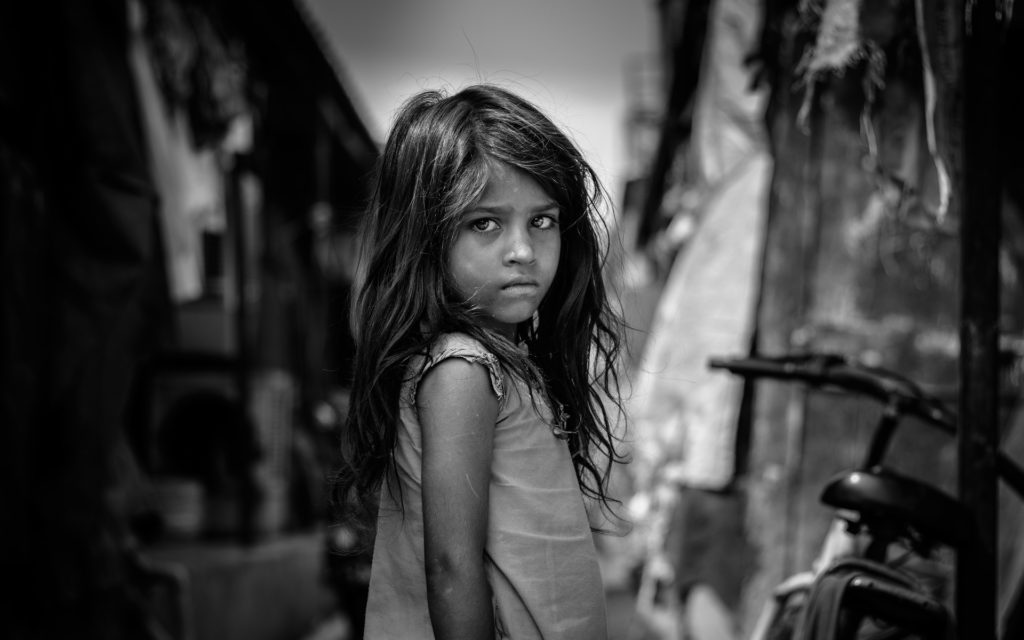
Children and Families at Risk
To enable them to achieve their full potential all children need a nurturing and supportive family and community. For vulnerable children who are exposed to neglect and child abuse, we need to ensure they are supported and protected so they can have the best chance in life. Some children are at a higher risk of physical and emotional harm than others due to their living circumstances or home environment.
Children most at risk
Babies, children and young people who are victims of child abuse and neglect experience harmful effects in their emotional, cognitive, physical, behavioral and social development. The fundamental damage caused by neglect and abuse can undermine the child’s ability to develop capacities for trust, intimacy, and sexuality.
A baby, child or young person may be at risk of harm due to actual or likely psychological, emotional or physical harm or as a result of what is not done by another person, often an adult responsible for their care. Young people may also be at risk of physical, emotional, psychological or sexual harm as a result of environmental factors or self-harming behaviors. Child abuse and neglect are not usually single incidents but take place over time and the impacts may be cumulative.
Abuse affects children from all socioeconomic and cultural backgrounds. Children, in particular, are vulnerable to abuse because:
- They are dependent on adults. They are not able, or may not have the opportunity, to stand up to adults and speak for them.
- Society generally promotes the idea that children ‘belong’ to their parents and therefore parent’s rights outweigh children’s rights.
- They are placed in the care of various people at different times, parents, teachers, sports coaches, babysitters or family, where there is the potential for abuse to occur.

Babies
In the first two years of a baby’s life, abuse and neglect can have significant, long-term consequences for a child’s development. Risks for babies include:
- Family Violence
- Parental mental health problems or intellectual disability that compromise the parent’s care of the infant
- Poor attachment to the baby of hazardous drugs or alcohol by mothers during pregnancy
- Parental substance use
- Parental history of abuse or neglect of another child in the familyThe absence of social supports or isolation
- Unstable housing or financial situation
Children
Factors such as family violence, parental mental illness, and intellectual disability, parental drug, and alcohol use may negatively impact on a parent’s ability to provide the right supervision, nurture, and care for their children.
If children do not feel secure in their relationships with their parents and if they do not get enough stimulation, this can negatively impact on their development and their ability to form intimate relationships. The importance of adequate nurturing in early life is therefore extremely important.
Young people
Adolescence for teenagers can be a time of increased risk-taking, particularly when it comes to experimenting with alcohol and drugs. Young people who do not have strong relationships with the adults in their family are even more at risk.
